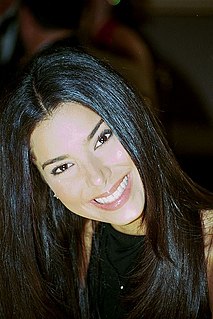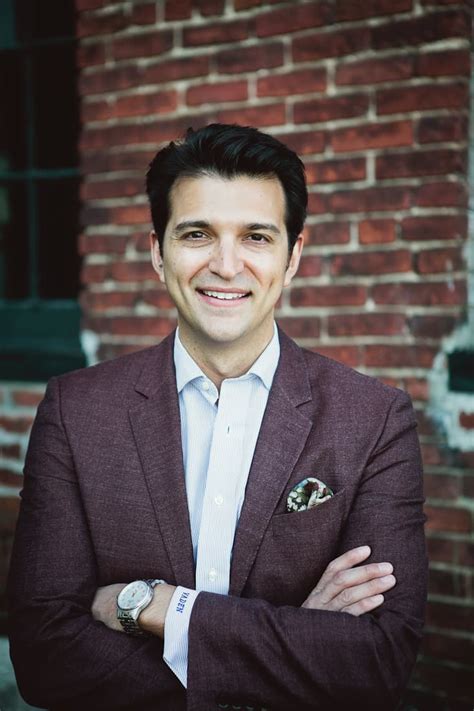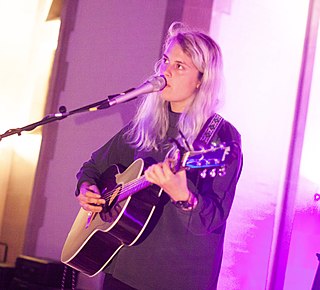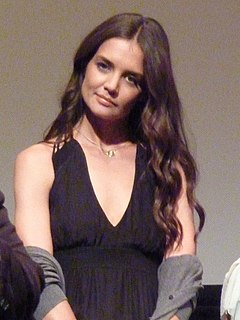A Quote by Tracy McMillan
We have this false idea in our culture that if you haven't made it by 30, then you're never going to do anything interesting. My 40s have been the most incredible time of my life.
Related Quotes
The only ethical principle which has made science possible is that the truth shall be told all the time. If we do not penalize false statements made in error, we open up the way for false statements by intention. And a false statement of fact, made deliberately, is the most serious crime a scientist can commit.
I think if you asked people "what's the biggest problem in your life?" They'd say, "I just don't have time for anything!" And at our fingertips, if it isn't e-mail, it's our Blackberry, and it's our iPods and telephones - we never stop. We never take those moments to stop the stimulus to find out "what's going on in there? What's really happening?" And then things start to build up. And then we are almost afraid to slow down.
I have often been downcast, but never in despair; I regard our hiding as a dangerous adventure, romantic and interesting at the same time. In my diary I treat all the privations as amusing. I have made up my mind now to lead a different life from other girls and, later on, different from ordinary housewives. My start has been so very full of interest, and that is the sole reason why I have to laugh at the humorous side of the most dangerous moments.
Humans are particularly interesting; our culture is incredible, there's no doubt about that. In many respects, no other species matches ours. But in quite a few respects, they do, and that can help us, perhaps, to better understand our own culture. We look at the ways humans are similar to other animals, and at the ways they differ, rather than just saying, "We have culture and you don't."
Let's say that life is this square of the sidewalk. We are born at this crack and we die at that crack. Now we find ourselves somewhere inside the square and in the process of walking outside of it. Suddenly, we realize our time in here is fleeting. Is our quick experience here pointless? Does anything we say or do in here really matter? Have we done anything important? Have we been happy? Have we made the most of these precious few footsteps?
I tell young girls, "The world is going to exploit and manipulate your sexuality. If you benefit from that financially, then you are part of the problem." That said, I thought all those parents flipping out over the Video Music Awards were ridiculous - women have been twerking in clubs for 20, 30 years. There's a real lack of awareness about what's going on across many layers of our culture.
I'm self-critical but also, I'm not a very modest person. I'm self-critical in the lead-up to showing anyone anything. You know how people say they write, like, 30 songs and then they'll pick the ones they're going to put on the record? I don't ever get to that point because I self-edit so harshly at the beginning. I would never let anyone hear something that I wasn't happy with. But then once I've made it, I'm also not going to turn around and go, "Oh, yeah, I don't know..." If I'm putting it out, anything creative that I do, I think that it's good, otherwise I wouldn't put it out.
The other thing that I got back then - the Parker novels have never had much of anything to do with race. There have been a few black characters here and there, but the first batch of books back then, I got a lot of letters from urban black guys in their 20s, 30s, 40s. What were they seeing that they were reacting to? And I think I finally figured it out - at that time, they were guys who felt very excluded from society, that they had been rejected by the greater American world.
I think it was around the time of doing those shorts. [Producer] Christine Vachon, I had a meeting with her, and she mentioned the short, this AOL short, and asked if I wanted to do one. And then the next step was the "30 for 30," and again that boosted my confidence enough to decide I'm going to do a feature narrative. And I was supported by my agency, and [producer] Jane Rosenthal has been an exceptional friend, and she produced "All We Had," she encouraged me to do the "30 for 30."
The best reason to paint is that there is no reason to paint... I'd like to pretend that I've never seen anything, never read anything, never heard anything... and then make something... Every time I make something I think about the people who are going to see it and every time I see something, I think about the person who made it... Nothing is important... so everything is important.



































